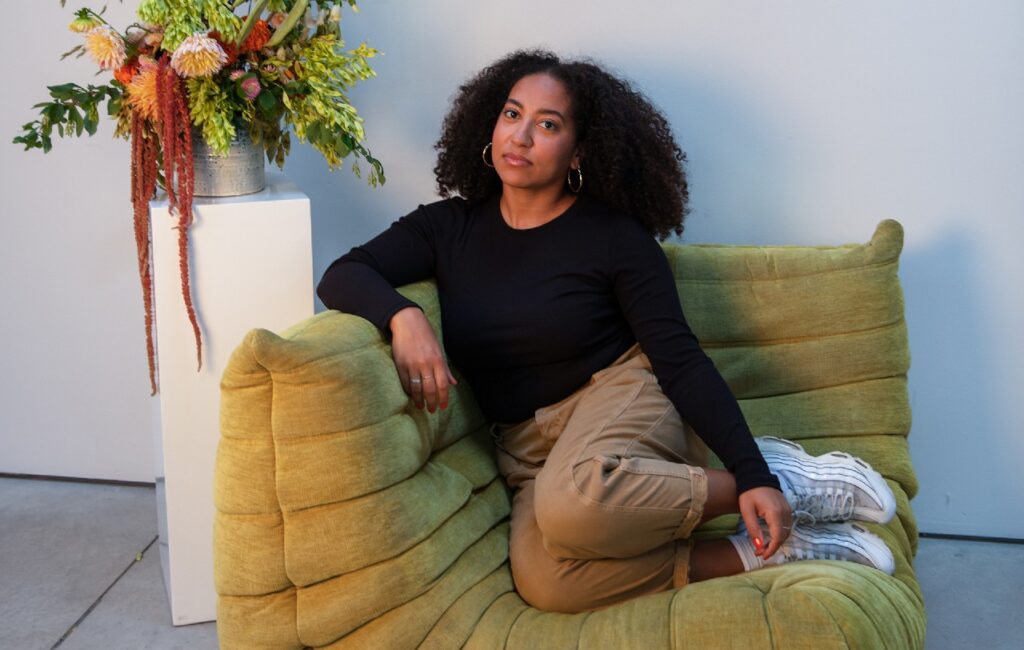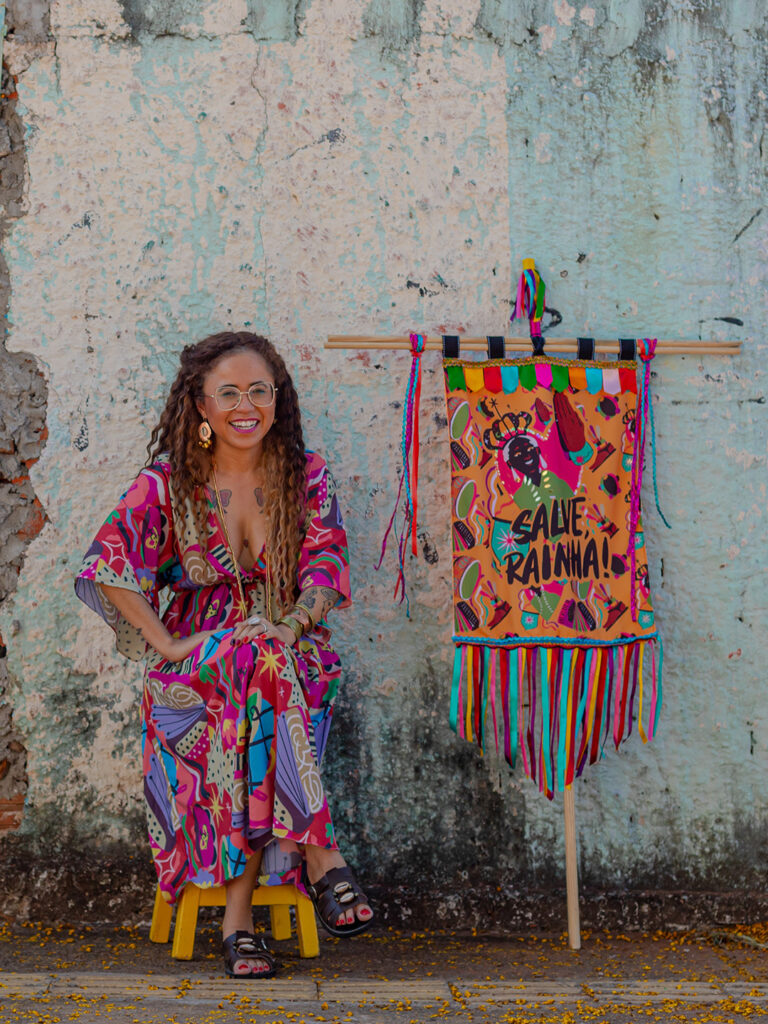
By Julia Alevato
Racial diversity and inclusion in the fashion industry have continued to increase in the past couple of years. Though there is a lot to be changed, these four strong Black women from around the globe are here to inspire and celebrate what it means to be a Black fashion designer.
Black Lives Matter protests have dominated the headlines of 2020 and were echoed on social media. Fashion brands have posted solidarity statements and pledges against racism and inequality.
Black-owned brands have received more support and attention in the wake of protests against police brutality and the push for social and economic justice, according to an article from USA Today.
“My brand was getting noticed more than ever because I am Black … I’m so appreciative of the attention and growth recently but it makes you wonder, why are people only taking notice of the BIPOC (Black, Indigenous and people of colour) community in this industry now, when we’ve been here all along?” Myla Davey told Scribe. Myla is the founder and fashion designer of the Toronto based clothing brand, Cherry Gardens.
She created the female loungewear and underwear brand two years ago and thinks the way people dress is a form of expression that allows them to tell the world who they are without having to speak.
“Retailers should think about the representation in the brands they carry; fashion publications should show up and give space to Black talent; and we, as the public, need to prioritize seeking out Black-owned brands to support when shopping,” Myla said.
“It’s so refreshing and affirming to see the wider representation happening across all parts of the industry in regard to race, size, shape, gender, identity, ability or sexuality,” she said.
The fashion industry has been known as one of the most racist fields. In February 2015, only 2.7 per cent of the designers on the New York Fashion Week calendar were Black, according to reporting from The New York Times. When the story was published in 2015, then-First-Lady Michelle Obama went out to promote Black designers by wearing garments from their collections.
In 2018, after 126 years and more than 2,800 covers, Tyler Mitchell became the first Black photographer to shoot a cover for Vogue USA.
In June 2020, editor-in-chief of Vogue USA Anna Wintour sent an internal email to her staff over complaints of racism at the magazine. According to CNN, Wintour took full responsibility for the racism that flourished under her watch in an attempt to keep her job. Black employees who have worked with Wintour said they saw her apology as hypocritical.
Sisters Deybe and Deth Simão, fashion designers and founders of Angola-based clothing brand BY D.S, started their fashion career by designing gym and party clothes for themselves.
The sisters agreed that allowing Black professionals to exhibit their work on the big fashion platforms would be a great start for making the fashion industry more inclusive.
“It is no longer fashionable to be racist!” Deybe pointed out.
“We advise all those who intend to enter the world of fashion: have perseverance, believe in yourself and in your potential. Resilience, determination, focus [and] dreaming are also essential, and be bold to take many risks,” advised the Simão sisters.
“Success doesn’t necessarily mean creating something that everyone likes, good acceptance or positive financial return.”
In 2018, less than four per cent of the 500 members of the invite-only Council of Fashion Designers of America (CFDA) – fashion’s most influential trade organization – were Black.
Naya Violeta, Brazilian fashion designer and founder of the clothing brand Naya Violeta, said she started her career as a designer because of the lack of representation in the fashion industry and for not seeing Black bodies in fashion or advertising.

“Because of this lack of representation, I developed this urge to create fashion content that represents the women that I lived with and myself,” Naya said.
Naya Violeta was one of five Brazilian brands selected for a Vogue Brazil article this year. Among the five brands, only two were from Black designers. The other Black designer brand was Dendezeiro, which is now part of the Creators House – a famous event dedicated to Brazilian fashion designers and launchers of new talents.
“People need to understand that there are racist dialogues, racist comments and brands. Fashion needs to do more than to hire a black model just occasionally, or in months like November, which is the Black awareness month,” Naya said.
“I think the industry today is much better,” she said.
“Whoever is starting will take several twists and turns that were very difficult 10 years ago. In the past, we had a limited number of Black models on the catwalk, and we had magazines that were not representative. Today we talk about Black people, Indigenous people [and] trans women, so I think that a young black designer who is starting [in] this industry will find a more open path.”